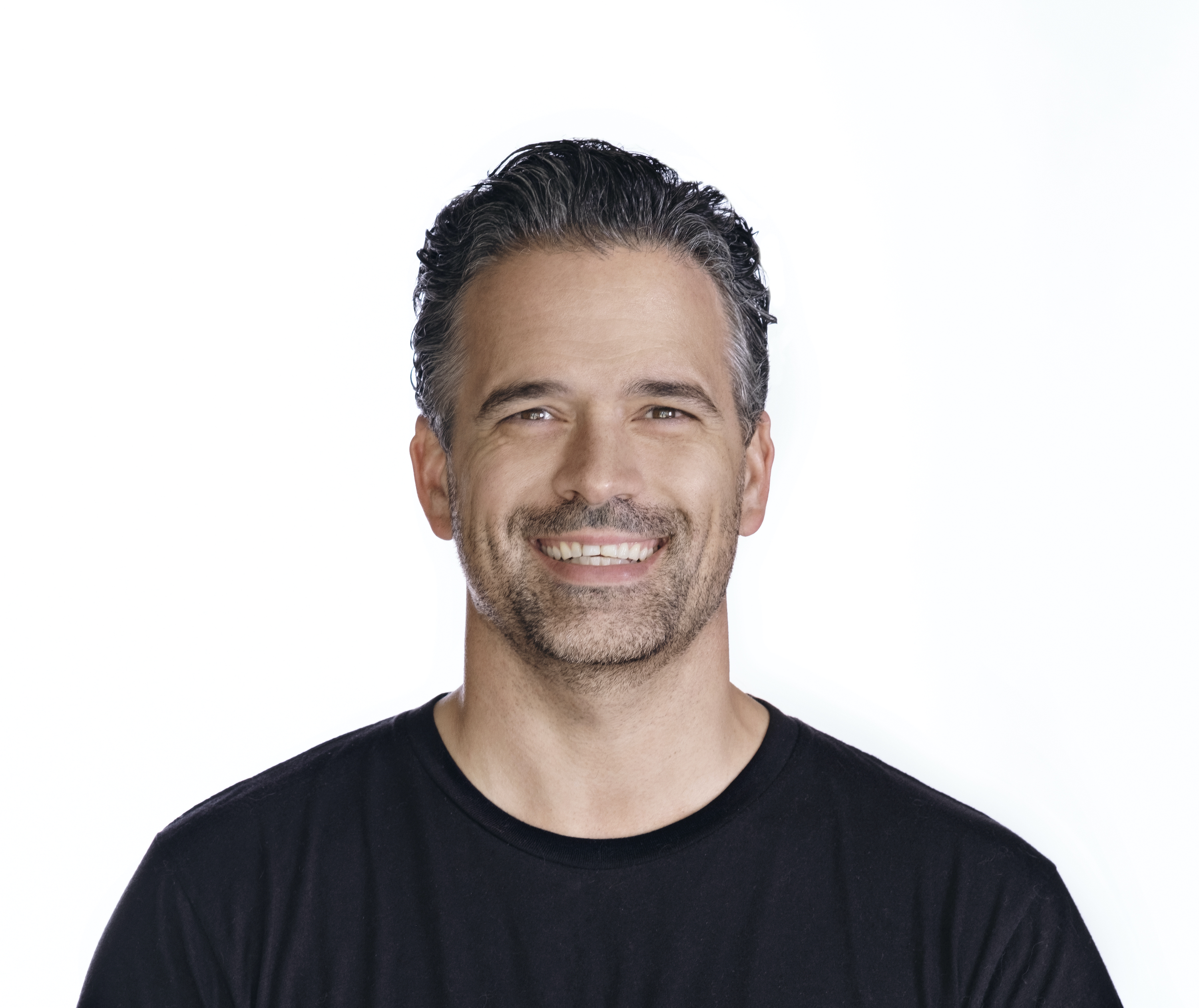The Easy Method to Start Reading (Way) More Books

Jesse Wisnewski


Professional Development
The first book I remember reading was in the summer of 2001.
I was 20 years old and had never cared much about books. Growing up in West Virginia, reading wasn’t a priority. Sports and hanging out with friends were.
But that summer, everything changed.
I met a girl—now my wife—who loved to read. After our first conversation, I felt outmatched. She was smart, witty, and always up on current events. I was a college football player who avoided anything academic.
Determined to impress her, I walked into a Waldenbooks and bought The Art of War by Sun Tzu. I read the entire thing, even though I barely understood it. While that book didn’t turn me into an instant reader, something happened over time—I started reading more.
A lot more.
Reading isn’t always easy. It can feel like work. Maybe it reminds you of school. Maybe you have books collecting dust on a shelf.
But here’s the truth: You can read more books.
It won’t happen by accident. There are millions of books out there, and your time is limited. You need a plan.
Thankfully, it’s simple. Reading more comes down to two things: making time and having a plan.
Let me show you how easy it is.
1. Make Time
Can you spare just 30 minutes a day?
That’s all it takes to read an entire nonfiction book every week. Think about that—one book per week could mean 52 books a year. That’s 52 chances to learn something new, grow in wisdom, and sharpen your mind.
Here’s why this works:
- The average person reads at 238 words per minute.
- Most nonfiction books are about 50,000 words.
- That means you can finish a book in just 3.5 hours—or 30 minutes a day for a week.
That’s not overwhelming. That’s doable.Now, imagine this: What if you trained yourself to read even faster? You can learn how to speed read, or in this case, increase your reading speed. Here’s what you could accomplish:
- 300 words per minute → 2.7 hours per book (166 minutes)
- 350 words per minute → 2.3 hours per book (142 minutes)
- 400 words per minute → 2 hours per book (125 minutes)
At that pace, you could double the number of books you read—without spending any extra time. That’s twice the knowledge, twice the insights, twice the growth.
And if you really need to absorb a book quickly, you can even skim-read. I don’t recommend this for every book—some books deserve your full attention. But if you need to comprehend key ideas fast, this strategy can be a game-changer.
Don’t let the idea of reading more books feel overwhelming. You don’t have to be a speed reader to read more—you just have to make time for it.
Even if you don’t read at this pace, what would happen if you simply committed to reading a little more? How much would your thinking change? How much wisdom could you gain?
If this post does nothing else but encourage you to pick up a book today, then that’s a win in my book (no pun intended). But if you’re serious about reading more books, let me walk you through this reading plan below.
2. Have a Plan
Want to read more but not sure where to start? A solid plan makes all the difference. It helps you stay on track, push through distractions, and turn reading into a lasting habit.
Follow these five steps to create a reading plan that works for you.
Step #1: Clarify your reading goal
Why do you want to read more?
Do you want to learn a new skill? Conduct research? Enjoy a great story?
Your reason matters. It keeps you motivated when life gets busy.
For me, I read to grow in my faith, learn new skills, become a better husband and father, learn about history and culture, and for entertainment.
Action step: Write down 1–5 reasons why you want to read more.
Step #2: Set realistic reading goals
How many books should you read? That depends.
If you’re new to regular reading, don’t aim for 100 books a year. Start small—maybe one book per month. Compare your progress to yesterday, not to someone else.
If you can only commit to 12 books a year, that’s okay. Make a plan you can actually stick to.
Action step: Set a goal for how many books you’ll read in the next three months.
Step #3: Pick categories or genres
Before you choose specific books, think about the types of books you want to read.
A balanced mix keeps things interesting.
Here are my go-to categories:
- Business
- History
- Biography
- Theology
- Culture
- Technology
- Fiction
Yours might look different. If you want to start a garden, read about gardening. If you’re parenting young kids, add parenting books to your list.Here is a short list of different genres for you to consider:
- Religion
- Mystery
- Business
- Travel
- History
- Science
- Comics
- Biographies
- Fantasy
- Children’s
- Literature
Now, categorizing your reading isn’t necessary for every season of your life. There were times in my past when I had to focus on only one or two categories because I was trying to learn a new skill or conduct research for a new project, like writing a book.
Action step: Choose 3+ categories that align with your goals.
Step #4: Choose your titles
Now for the fun part—picking books!
Don’t overthink it. Choose books for the next two to three months. You can always adjust your list later.
Need ideas? Look at book references, ask friends, check best-seller lists, or browse Goodreads. And if a book isn’t working for you, don’t force it—move on to something better.
Action step: List 3–5 books for each category you chose.
Step #5: Complete your reading calendar
A simple reading log helps you stay on track.
Write down what you plan to read each month so you’re never stuck wondering what to pick up next.
You don’t need a full-year plan—just look ahead to the next couple of months. Reading is flexible. If a book isn’t clicking, swap it out.
Action step: Create a reading calendar for the next 3 months.
It’s Time To Read More Books
If you want to read more books, then you can.
There’s no secret to reading other than picking up a book, cracking it open, and getting to work.
The biggest challenge you will face is yourself.
If you want to read more books, then you will have to prioritize reading. There’s no way around making this decision, and you’re the only one who can make it.
Thankfully, even though you are the biggest challenge you will face, you are also the answer to your problem in this situation.
This is an adapted excerpt from Read to Lead: The Simple Habit That Expands Your Influence and Boosts Your Career.












